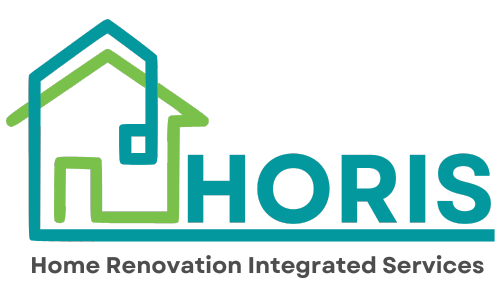HORIS joined its peers online at the Spring transnational meeting organised by the EU-funded project EU PEERS.
There are hundreds one-stop-shops across Europe, often facing similar challenges. EU PEERS, a sister project of HORIS, is a community of practice and knowledge-sharing network focusing on Integrated Home Renovation Services, aiming to support projects setting up One-stop Shops (OSSs), offer them solutions and knowledge and meet them with peers. EU PEERS aims to simplify and speed up the renovation process by seeking to overcome some of the problems faced by first-generation OSS, such as lack of visibility and support in scaling up. How? Through 7 community platforms, organising regular convening opportunities in France, Spain, Hungary, Italy, Ireland, Baltics and transnationally. Learn more about the project. Next meetings such as this one are planned for September 10 and November 26, 2024.
The online meet-up was a learning exchange about how to engage residents and homeowners of multifamily buildings in renovation. We heard from an OSS frontrunner, a project in Vilnius, Lithuania, called Amiestas.
Project manager Lina Bubulyté presented the project’s key successes and challenges. The project developed an OSS model for the renovation of multi-apartment buildings and has renovated about 5224 apartments in 66 neighbourhoods in Vilnius. The priorities of Amiestas were to ensure the quality of the construction workers and the design of the renovation service, as well as the implementation of modern technologies and the use of prefabricated renovation models.

What can we learn from the approach taken by Amiestas?
Key to their success was putting together an experienced sales team that directly engaged with the residents of the buildings. Communication is the cornerstone of getting residents involved and engaged with the renovation process. Spreading the word and building relationships with the residents as well as having tailored strategies for different districts and neighbourhoods are key: the first step in each project is to organise a meeting with the homeowners, to introduce the renovation process, answer questions and demonstrate the benefits of renovating (improvement of life quality, fostering community sense, increased value of the flats and contribution to reducing climate change).

What are the tips shared:
• Engage with local leaders in the community.
• Arrange meetings with the community when convenient for them – for example, in the evenings.
• Ensure you have qualified personnel, resources and the support of the local government.

Equally important for those wishing to implement OSSs are hearing about the challenges faced along the way. For Amistas these included:
• Operational challenges (lack of tools for effective communication- more financial resources needed for marketing campaigns, informative events and more staff, were some issues cited)
• Homeowners – lack of knowledge and engagement about renovation is a barrier. For multi-apartment buildings, a lack of community feeling also hinders the process, as does a lack of property ownership.
• Market-related issues – the renovation process can be complex, long and impacted by external factors, such as the war in Ukraine which increased prices for construction materials, sometimes the costs have to be adjusted which can delay the process.
A useful lesson – even with a lot of will, sometimes you can’t find a way.
Lina also presented a challenging case. For one of the multi-apartment buildings, the project had high hopes that it could be transformed with innovative solutions such as installing solar panels on the balconies, however, this idea was met with strong resistance by the residents. Despite their best efforts which included organising eco-tours to other renovated buildings, a meet-up with the vice mayor and having 20 meetings between residents and the project team to reassure them, the residents remain unconvinced on the innovative aspects of the renovation. Instead, they opted for a basic deep renovation package. The key takeaway from this case was that sometimes residents are not ready for innovation, particularly older residents who are more suspicious of new technologies due to a lack of knowledge.
Final thoughts
The major lessons learned from the Amiestas project were:
– The importance of patience and having a skilled and motivated team.
– Communication is key – sharing knowledge and building trust with the residents.
– Finding the local leaders in a community and getting them on board with the project.
– Financial resources and support for residents (particularly those in low-income groups).
Access the presentations of the workshop.
For more on the topic, check the Brussels summit organised June 11, 2024 by EU PEERS.


